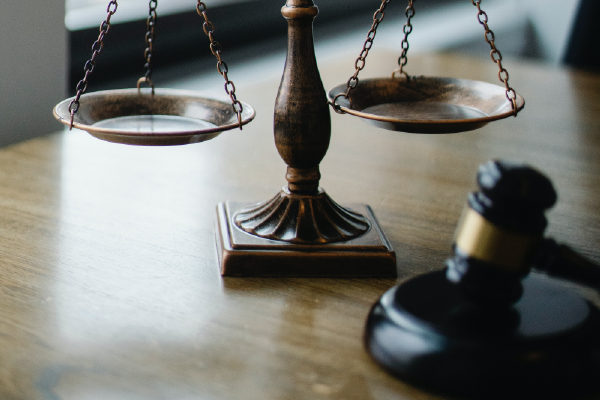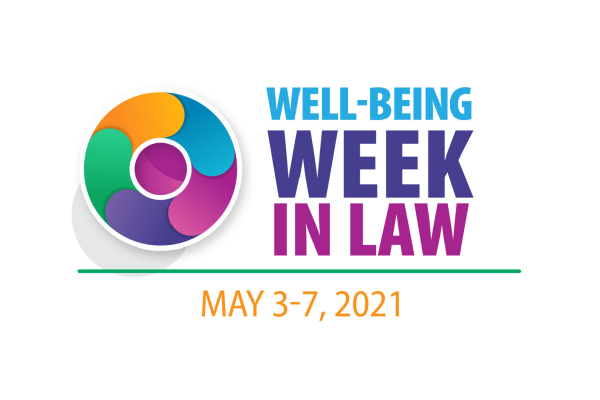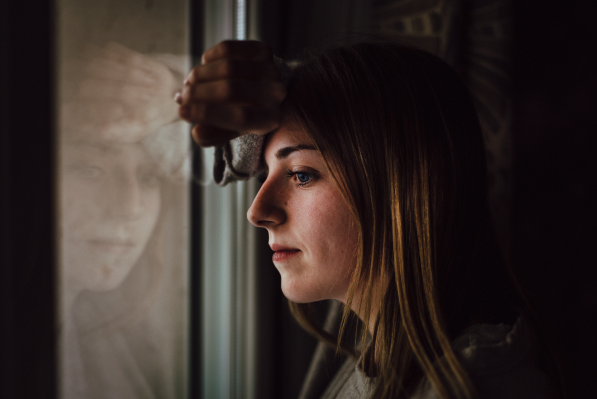The Massachusetts SJC Standing Committee on Lawyer Well-Being released its Report Summarizing Affinity Bar Town Hall Meetings on Feb. 4, 2021, showing barriers faced by lawyers, judges, and law students from oppressed populations.
The Report catalogues experiences shared by members of oppressed groups in the legal profession, providing a troubling illustration of racial and gender inequity and injustice in the legal profession. “In an effort to begin identifying the concrete challenges to professional well-being faced by Massachusetts lawyers, judges, and law students from underrepresented, populations, in June 2020, the Committee began hosting a series of town hall meetings with various Massachusetts affinity bar associations. The goal of these sessions was for the Committee to hear from these legal professionals about their own lived experiences, to hear their stories,” as the Committee’s announcement explains, which also shares its goals following the Report:
“Ultimately, the Committee hopes that these stories and this Report will help in the collaborative design and implementation of various projects that, we hope, will address elements of the legal profession in Massachusetts making participation and survival, let alone success and well-being, so much harder to achieve and sustain for members of these groups.”
The Report’s sections focus on: (1) The Court Experience, (2) Inadequate Representation, and (3) Micro- and Macro-aggressions, noting the burden of change cannot fall on those oppressed. Each section shares comments, accounts of experiences, and issues identified under each topic. The court experience for attorneys in oppressed groups involved facing “increased scrutiny, unfair assumptions, and insults to their professional identity and integrity and sometimes their personhood from the moment they set foot in a court building. Importantly, the Committee asked if members of these groups had noticed any improvement in these trends over the course of the past 5-10 years, or if there was any difference between state and federal courts; the participants indicated that they had seen no positive changes, and that the negative experience was equal in nearly every court in the Commonwealth.” In terms of inadequate representation, “attorneys and law students from the affinity bar associations repeatedly expressed concern with the overall low levels of diversity in the Massachusetts bar, and in particular, the extremely few individuals from historically excluded populations who manage to make it to genuine positions of power, leadership, and authority in the Massachusetts legal profession.” Finally, despite any cultural progress made, attorneys in oppressed groups continue to encounter mistreatment, insults, and instances of exclusion and overt discrimination in the legal profession, in addition to “the significant challenge of repeatedly experiencing these aggressions and then being expected to immediately move past them and perform at the highest level as if nothing had happened.”
The Report has already motivated action, as a recent Mass Lawyers Weekly article pointed out. The Trial Court is creating an email address and phone hotline to report negative, identity-based incidents with a mechanism for real consequences, and is producing a new training video, noting existing trainings seem “to have not met the mark,” according to Trial Court Chief Justice Paula M. Carey. The fast move to action is exactly what the Report and those who contributed to it hoped to see; the article continues:
By candidly sharing their experiences with the Supreme Judicial Court Standing Committee on Lawyer Well-Being in a series of town hall meetings that began last June, members of the state’s affinity bars were not saying “woe is me,” stresses Stesha A. Emmanuel, president of the Massachusetts Black Lawyers Association.
“We are resilient,” she says.
Rather, they hope that by providing their fellow members of the bar an unvarnished look at the “ugly truth” of their experience, it could kick start substantive and enduring change in the areas of diversity, inclusion and equity in the legal profession, which has been slow in coming, despite the best of intentions.
Related Resources:
How to Be an Effective Antiracism Ally in the Legal Profession: Resources & BBA Program Notes
Left Out and Left Behind: ABA Report Shows Hurdles Women of Color Face in the Legal Profession




